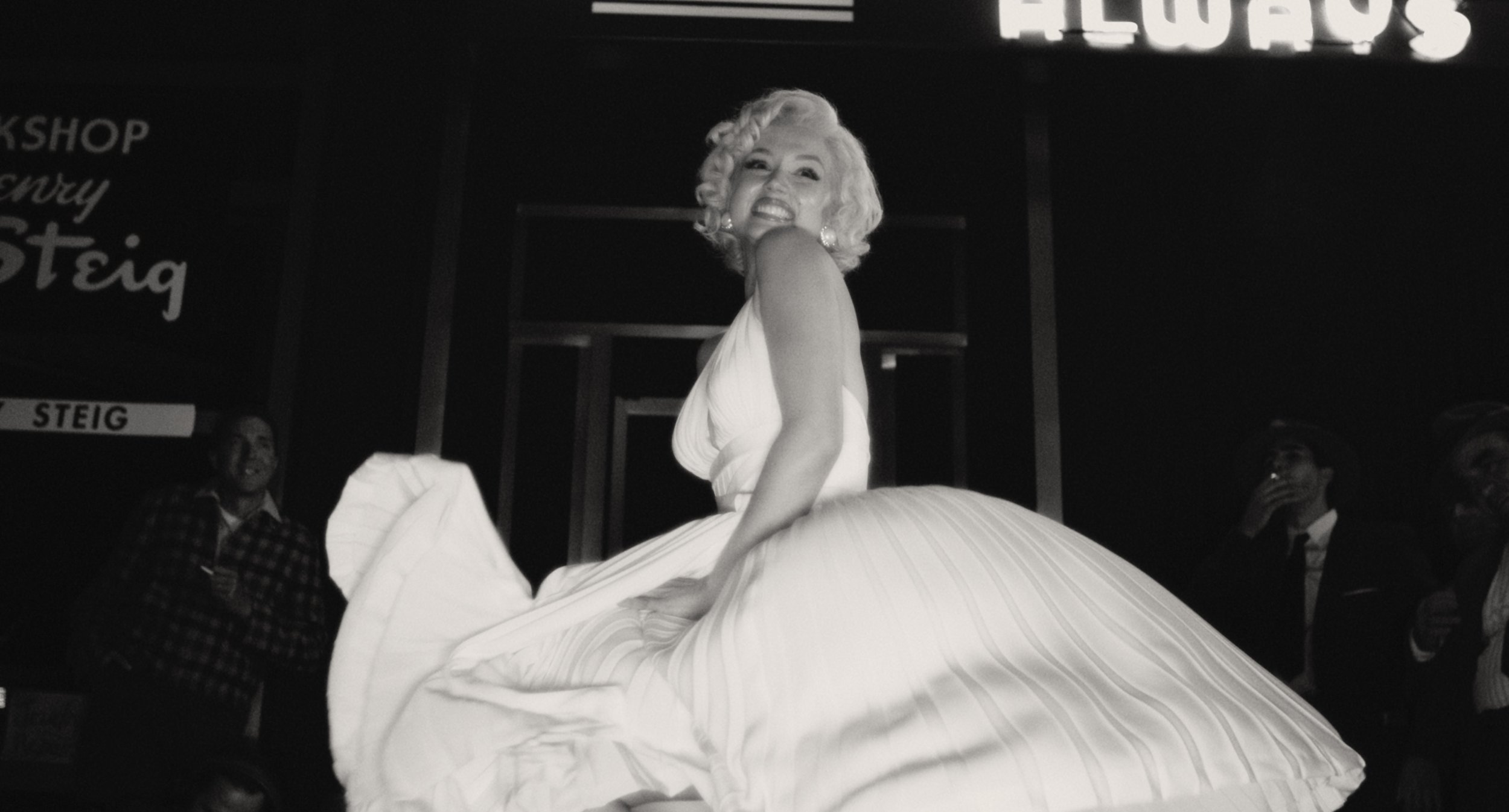Review: 'Amsterdam' aims to cross a screwball comedy with an espionage thriller, but is too overstuffed with characters and tangents to succeed at either
So much content, and way too many people, get packed into “Amsterdam,” a meandering cross between screwball comedy and espionage thriller that never delivers enogh of either to be satisfying.
Writer-director David O. Russell (“Silver Linings Playbook,” “American Hustle”) starts the story in New York, 1933. Dr. Burt Berendsen (Christian Bale), a semi-defrocked physician with a glass eye, is called in for an emergency by his friend from The Great War, Harold Woodman (John David Washington), an attorney who still carries the scars of the war.
Harold tells Burt he has a client who needs an autopsy done pronto. The recipient of the autopsy is Gen. Bill Meekins (Ed Begley Jr.), who was Burt and Harold’s commanding officer back in Europe, and a man for whom they owe their lives. Harold’s client, the person who wants the autopsy done, is Meekins’ daughter, Liz (Taylor Swift), who suspects that her father was murdered — and needs the evidence that only an autopsy can provide.
Burt knows a nurse at the coroner’s office, Irma St. Clair (Zoe Saldaña) — who’s kinda sweet on Burt — and she can get autopsy results in a hurry. But not soon enough, when someone is pushed into the street and run over by a truck, and the guy who gave the shove accuses Burt and Harold of doing the deed. Soon, Burt and Harold are on the run, trying to avoid the cops, who have them tagged as the prime suspects.
The movie then flashes back 15 years, to 1918, and the closing months of World War I. Burt, then a lieutenant in the U.S. Army, is put in command of a unit of Black soldiers, because no one else wants to associate with them. Not even the U.S. Army, which makes the Black enlisted men wear French military uniforms.
Burt and Harold are wounded severely, and they would be dead if not for one nurse who saves them and picks most of the shrapnel out of their faces. That nurse, Valerie (Margot Robbie), befriends both Burt and Harold, and the three become fast friends and, after the war, roommates in Amsterdam — and, eventually, the name of that city becomes a shorthand for a particular shared moment in these three peoples’ lives, a paradise .
Back in 1933, Burt and Harold — who, thanks to some major plot contrivances, reunite with Valerie — try to follow a trail of rich and influential people who can clear their good names and keep two detectives (Matthias Schoenaerts and Alessandro Nivola) off their necks. For reasons too convoluted to get into here, that list includes a rich dealmaker, Tom Vote (Rami Malek), and his status-conscious wife, Libby (Anya Taylor-Joy); Burt’s loveless first wife, Beatrice (Andrea Riseborough); two “birdwatchers” (Michael Shannon and Mike Myers) who might be spies; and the war hero Gen. Gil Dillenbeck (Robert De Niro), who could be the key to Burt and Harold’s problems — as well as an attempted coup against FDR.
It’s worth mentioning that Russell begins by informing us that the story is based, in part, on actual events. That tends to be more of a hindrance than a help with Russell’s narrative, since it causes the script to delve into some weighty topics — like the guy who’s just taken control of the German government — and never strikes a good balance between the screwball and the serious.
Russell tries to cram so many characters, and so much story, into “Amsterdam,” that it feels hectic and tedious at the same time. And while I admire some performances — particularly Bale’s beaten-down doctor and Taylor-Joy’s skeletal social climber — everyone is going in so many directions that the movie never feels like it making forward progress.
——
‘Amsterdam’
★★1/2
Opens Friday, October 7, in theaters. Rated R for brief violence and bloody images. Running time: 134 minutes.







